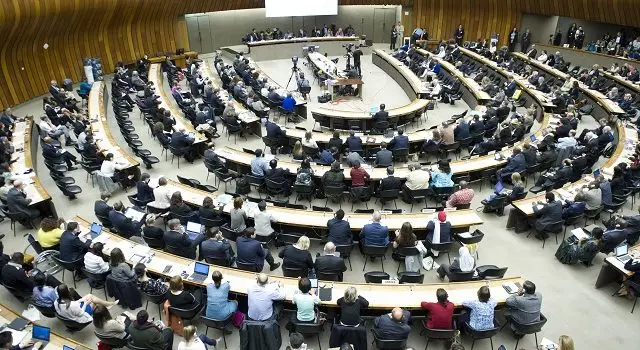The research team from the Population Health Research Institute (PHRI) of McMaster University and Hamilton Health Sciences have identified three simple methods to prevent heart attacks and stroke, in a study of more than 12,000 patients from 21 countries.
“These are incredibly important findings with potential for significant global impact,” said Dr. Salim Yusuf, principal investigator and executive director of PHRI. “If just 10 percent of the world’s population at intermediate risk of CVD [cardiovascular disease] is impacted, we’re talking about 20 to 30 million people who could be helped by these drugs.”
Three studies on the methods have been published this week in the New England Journal of Medicine. Under the name of HOPE-3, or Heart Outcomes Prevention Evaluation-3, the studies involved 228 centres looking at the effects of the three treatments in people at intermediate risk of, but without, clinical heart disease.
The three methods examined included two forms of therapy: Statins, a group of cholesterol-lowering drugs, and antihypertensives, a class of drugs used to treat high blood pressure. In addition, a combination of statins and antihypertensives was reviewed.
Statins proved to significantly and safely reduce CVD events by 25 per cent in patients at intermediate risk without CVD. Antihypertensives did not reduce major CVD events overall in the population studied, but did reduce such events in the group of people with hypertension, but not in those without hypertension. When combined, statins and antihypertensives reduced CVD events by 30 per cent—with a 40% benefit in those with hypertension, suggesting that patients with hypertension should not only lower their BP but also consider taking a statin.
HOPE-3’s findings will have a major influence on primary care in developed nations, where statins and antihypertensives are inexpensive, Yusuf added. While still relatively inexpensive in developing nations, the drugs are less affordable in relation to income. Still, Yusuf said the study’s results hold promise everywhere as the price of these drugs start to come down.
“These simple methods can be used practically everywhere in the world, and the drugs will become even cheaper as more and more systems and people adopt these therapies,” he said.
The HOPE-3 research reports were led by Yusuf and Dr. Eva Lonn, both professors of medicine of McMaster’s Michael G. DeGroote School of Medicine, and Jackie Bosch, an associate professor of the university’s School of Rehabilitation Science.
Articles on the research have also appeared widely around the world both online and in print including the Japan Times, Stat News, Reuters and World Tech Today.


